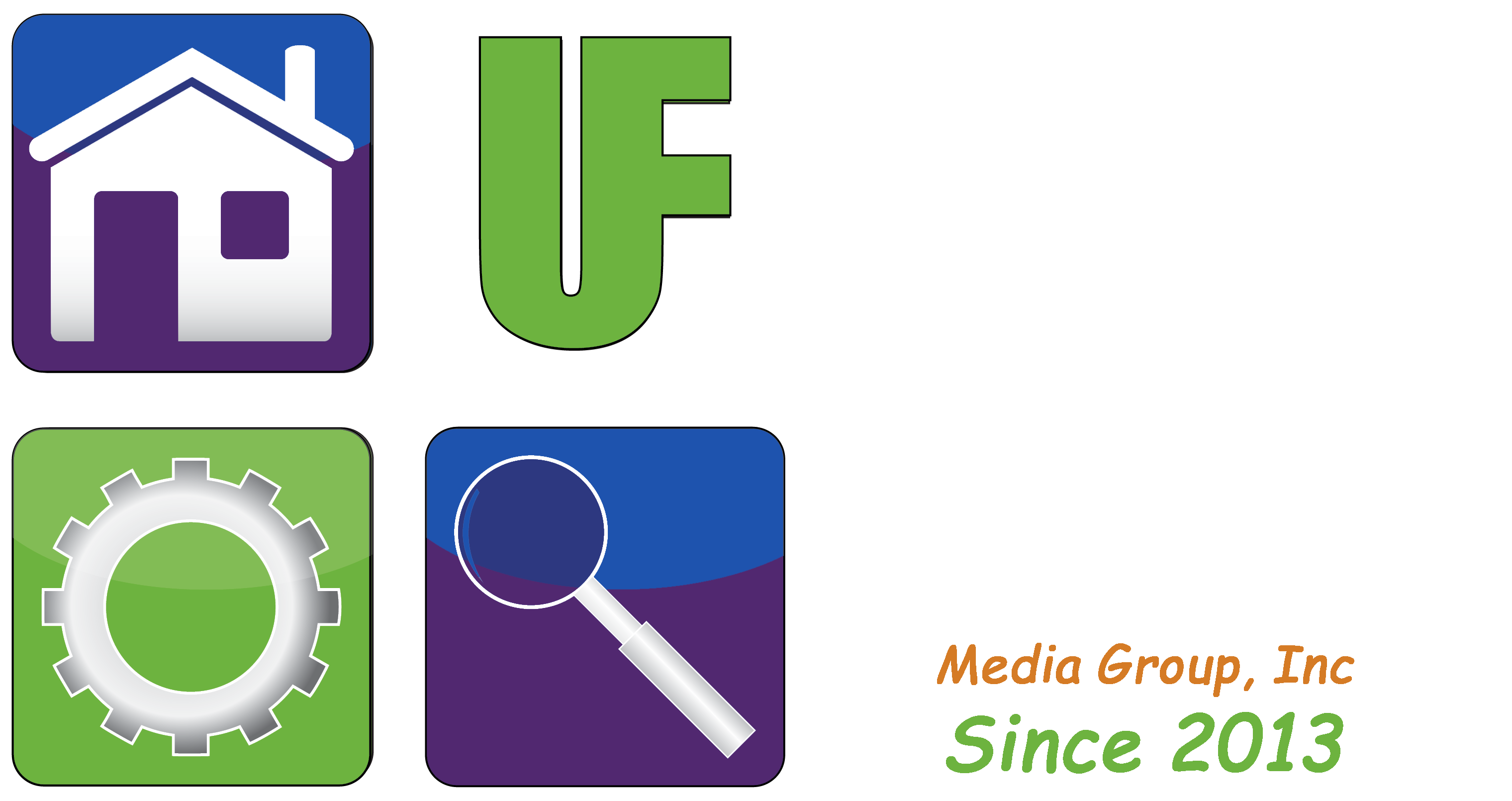ISSUE: Cyber Security threats increase with COVID-19 Pandemic
By: Bill Sikkens
Host, User Friendly 2.0
Reports are on the rise of various cyber threats tied to the Pandemic. As we hunker down for what could be several weeks of staying at home the bad individuals are taking note. These threats are tracked by the CISA (Department of Homeland Security Cyber+Infrastructure).
Threats include phishing attacks and e-mails, robo calls, and claims of charities seeking donations.
Be vigilant and keep yourself safe. In our current age of technology you don’t have to go outside to be the victim of a crime.
DIG DEEPER:
Keep yourself and your identity safe. Here are some steps to keep in mind.
(1) Unsolicited Email
If you receive an unsolicited email, don’t click on any links included. Also don’t open any files that are attached. If you want more information on something in an email you received, it is important to go to the website or resource on your own. If there is a link don’t click it. Instead open your browser, type in the search for the resource, and get the results yourself.
If email claims to come from a known website open your browser and enter the website yourself. This is important. It is possible for an e-mail to contain links that say they are one thing but in fact do something completely different. While there are ways to detect this, the bad instigators have become very savvy in hiding the fake links.
Above all don’t open any unknown e-mail attachments. These can install malware and other things on your computer without your knowledge. So what is the best method to deal with an unknown e-mail? Delete it and then empty your trash. If your email clients provide the option, tag it as spam, and the software will delete it for you and block the sender.
(2) “Charity” Scams
There have been a number of reports of robocalls, emails, and website links soliciting donations for charity. While there are many legitimate charities, there are just as many fakes. There are several services online to validate charities. The IRS and Better Business Bureau offer tools for checking charitable donations.
The IRS Nonprofit Charities Database has a tool called “The Exempt Organizations Select Check Tool”. This tool allows you to enter the name of an organization and see if the organization is exempt or not. It is important to verify that an organization that claims to have a 501(c)(3) tax exemption is actually exempt. If the organization is not exempt, your donation will not be tax-deductible. The IRS Nonprofit Charities Database can be found at https://www.irs.gov/Charities-&-Non-Profits/Exempt-Organizations-Select-Check.
The Better Business Bureau has a tool called “The BBB Wise Giving Alliance”. This helps donors evaluate organizations based on specific criteria and standards. They offer 20 options including a rating of effectiveness, finances, solicitation, and others. Each category gives the charity a point with the most effective rating at a 20 out of 20. This tool may be found at http://www.give.org/for-donors/.
(3) Protect your personal information.
It is important to always be cautious when you provide financial or personal information. If an organization only accepts cash donations, one should be very wary. Most legitimate organizations will provide a way to donate securely.
If someone calls you asking for financial or personal information, the best procedure is to not give them any information and hang up.
(4) “Social Distancing” gift cards.
Starbucks is reporting a scam in which gift cards are being sold as a “social distancing” promotion. Only buy gift cards from a reputable dealer and never use them to pay for anything other than what they are intended. Starbucks offers a list of genuine promotions on their website.
William (Bill) Sikkens has been an on-air technology expert since 2014. With an expertise in I.T., cyber security and software design he has had more than 20 years’ experience with advanced technology. Sikkens conceptualizes and designs custom applications for many professional industries from health care to banking and has the ability to explain the details in a way all can understand. Article edited by Gretchen Winkler, who along with Jeremy Winkler are the co-hosts of User Friendly 2.0 here on The Answer Saturday’s at 5:00 p.m.
Links and brand/store information provided are for information only and are not endorsed by Salem Media Group, KPAM or the shows hosts
Got a technology question or comment for Bill? Follow him on Twitter @sikkensw


